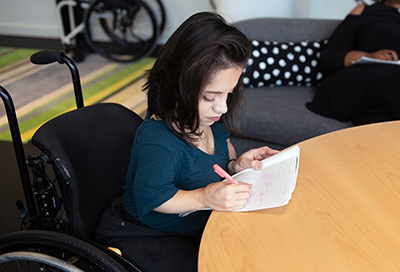The 3-Minute Rule and Procrastination
Everyone’s heard of the five-second rule, right? The urban myth that if a dropped piece of food is picked up within five seconds it’s still safe to eat? Scientific research in microbiology has proven that myth to be false, because bacterium present on the floor can transfer to the food almost instantly.
The three-minute rule, on the other hand, is not an urban myth, but a strategy for overcoming procrastination; this strategy has been supported by research.
We all can be guilty of procrastinating—putting off something we know we need to do—but procrastination can be a significant problem for some. Putting off a task can bring a short-term sense of relief, but the longer we put something off, the more we experience a buildup of anxiety and stress. And so psychologists have come up with a “trick”, the three-minute rule, that can help most of us to overcome our procrastination tendencies.
The basic concept of the three-minute rule is to tell yourself that you’ll work for three minutes, but only three minutes, on a task that you’ve been putting off. Regardless of why you’re procrastinating, tell yourself that you’ll work on it for three minutes. After that, if you still can’t deal with the task just stop.
Psychology researchers have discovered that most people, with most tasks, will keep working after the three minutes are up, because telling yourself that you’ll start off with only three minutes of work can help make the task seem more manageable. In one trial, researchers discovered that setting a “20-minute rule” (as used in the Pomodoro technique) seemed too daunting, but that of their study participants who tried the three-minute rule, 98% kept working past the initial three minutes. These three minutes can get you out of the avoidance mindset, while longer time frames merely enhance avoidance.
Interestingly enough, psychology researchers were inspired to study the three-minute rule with procrastination because of the concept’s success in fitness and exercise; fitness experts have long been having similar success by encouraging people to start exercising for very short periods daily, instead of jumping in with long exercise sessions. And, psychologists have found that the three-minute technique can help people overcome a variety of phobias and social anxiety, too.
Oh, and about the five-second rule with food? There are a lot of variables—how dirty the floor is can be more important than how long the food sits on the floor. If you’re at home and swept recently, maybe the food is fine. If you’re in public and can’t wash the food, it might be better to just toss it.
